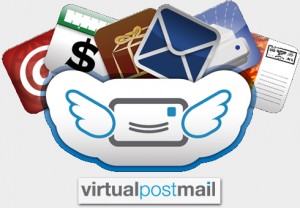Your front row seat for conversations with two computer hackers turned travel hackers – living globally, financially independent and semi-retired, both following their dreams and helping you to do the same. You can also find us on iTunes, YouTube or however you listen to podcasts, and we love getting your 5-star reviews. Follow the conversation with us on Twitter @GTFOutcast and stop into the blog often to read the latest and give us comments and feedback.
On the October 8 episode of the GTFOutcast, Beau Woods and Taylor Banks talk about their upcoming travels, discuss what traveling in an RV is like, before closing out the show with the usefulness of GPS devices when traveling to parts of the world where internet connectivity may not always be available for your smartphone.
Watch GTFOutcast Episode 08:
0:21 – Beau kicks off the show with some molé, a type of sauce commonly used in a lot of Mexican dishes, from pastry to salads. Taylor asks about the availability of a gluten-free food in Mexico City.
2:38 – The duo then dive into the topics. Taylor describes his first big trip in his RV, from Atlanta to Louisville (in Kentucky). A 7-hour drive full of lessons learned about riding and parking a 13,500 pound RV. Taylor talks about how the living conditions were for four people inside the RV.
10:18 – Beau brings up the issue of bringing only the essentials when staying in a confined space. Learning how to live with only the things you really need when traveling in an RV.
12:40 – Taylor asks Beau about his next trip to Costa Rica and Nicaragua.
14:16 – Beau then takes the discussion into how a traveler could better plan for a trip to a part of the world where information on getting around, where to stay, etc., isn’t easily put up online by the local population.
16:58 – Taylor interjects with the important fact the prices quoted online are often far higher than what may be charged if you were to contact the hotel directly.
20:15 – Taylor questions Beau about the safety of hostels, especially when traveling with expensive electronics and safety for women in general.
24:27 – Guidebooks can be outdated because it was written once from one visit, which implies they aren’t updated as much. Beau points out this can be an issue for a rapidly developing country and why sometimes relying on travel forums is a better option.
25:32 – Travelers have become quite reliant on their smartphones when traveling, but in regions where you may not even get internet connectivity on-the-go, Taylor recommends carrying a Garmin or TomTom GPS device. He recalls his time in Costa Rica when a refurbished GPS device came in handy when riding towards a volcanic spot.



